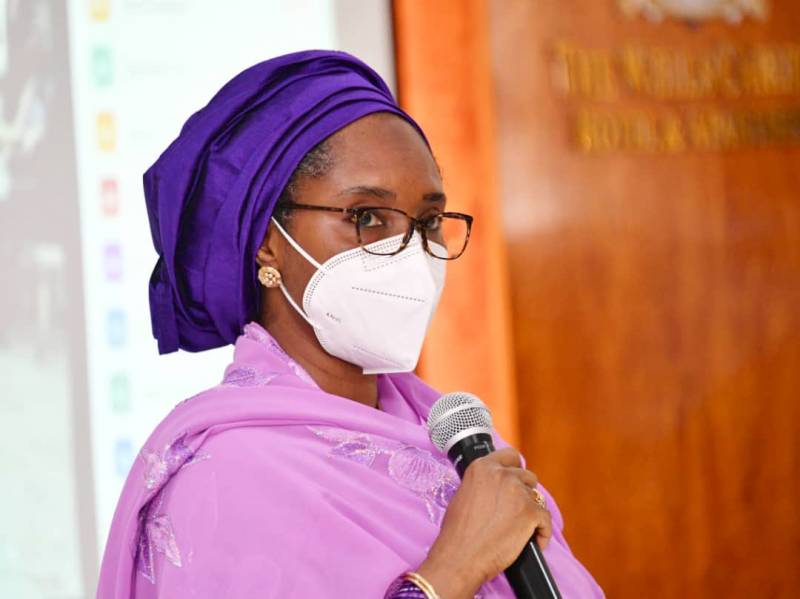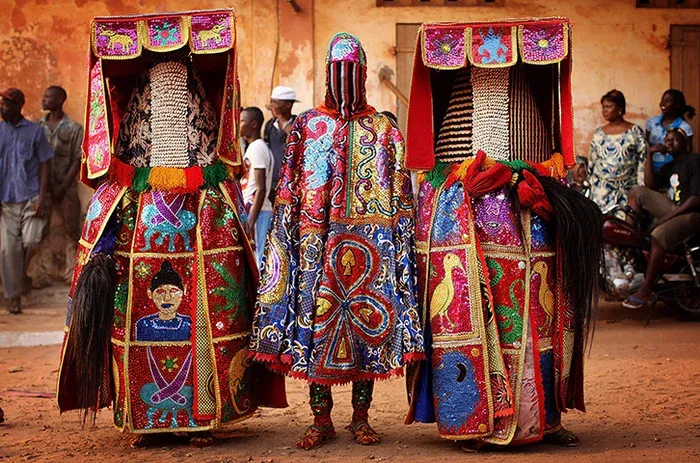The government says it will borrow to cover a budget deficit of N6.3 trillion next year.
The Nigerian government will borrow N5.012 trillion to finance its budget deficit in 2022, complicating the countrys debt situation that is increasingly becoming unwieldy.
While the government insists its debt-to-GDP ratio remains within a safe range of 23 per cent, it has spent most of its revenue for years to service piling debt.
The Federal Executive Council on Wednesday approved the governments proposed N16.39 trillion budget for next year, which comes with a deficit of N6.258 trillion. The proposal will be presented to the National Assembly on Thursday.
While the deficit appears manageable when compared to the governments total projected revenue of N10.13 trillion for next year, actual revenue for recent years show that the trend of spending most of government revenue on debt servicing may continue in 2022.
In 2019, the government only managed to generate N3.86 trillion as its total revenue. Of that amount, it spent N2.1 trillion. In 2020, revenue fell to N3.25 trillion amid COVID-19 pandemic, yet debt repayment rose to N2.34 trillion.
The government spent N1.8 trillion on debt servicing in the first five months of 2021, representing about 98 per cent of the total revenue generated in the same period.
The countrys total debt as of March 31 stood at N33.11 trillion.
Government Defends Big Debt
The Minister of Finance, Budget and National Planning, Zainab Ahmed, on Wednesday told journalists in Abuja that the government will continue to borrow to fund infrastructure projects as it does not get enough from its revenues.
She said Nigerias revenues could barely accommodate services and its borrowings were still within acceptable limits
If we just depend on the revenues that we get, even though our revenues have increased, the operational expenditure of the government, including salaries and other overheads, is barely covered or swallowed up by the revenue, she said.
So, we need to borrow to be able to build these projects that will ensure that were able to develop on a sustainable basis.
Nigerias borrowing has been of great concern and has elicited a lot of discussions, but if you look at the total size of the borrowing, it is still within healthy and sustainable limits.
As at July 2021, the total borrowing is 23% of GDP. When you compare our borrowing to other countries, were the lowest within the region, lowest compared to Egypt, South Africa, Brazil, Mexico, the very lowest, and Angola.
We do have a problem of revenue. Our revenues have been increasing. We just reported to Council that our revenues from non-oil has performed, as of July, at the rate of 111%, which means outperforming the prorated budget.
But our expenditure, especially staff emoluments have been increasing at a very fast rate making it difficult to cope with funding of government.
So, what we have to do is a combination of cutting down our cost, as well as increasing revenue to be able to cope with all that is required for government to do, including salaries, pensions debt service, as well as capital expenditure.
The 2022 deficit will be covered by the N5.012 trillion borrowings, drawdowns on project-tied multilateral/bilateral loans - N1.156 trillion; and privatization proceeds of N90.73 billion.
As for the new debt, N2.506 trillion will be sourced within the country and N2.506 trillion from foreign lenders.




